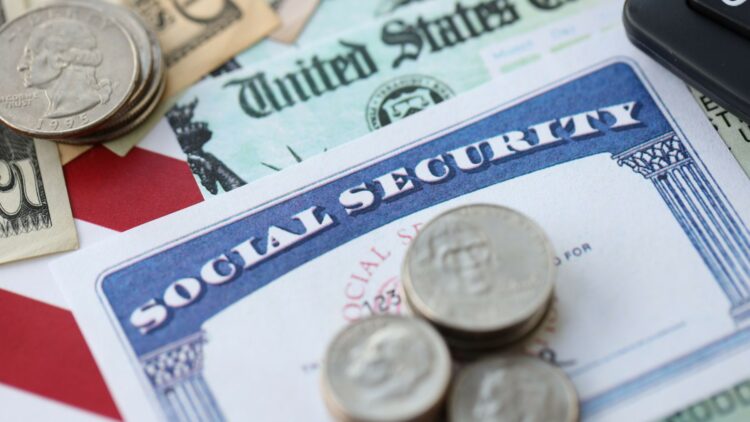The downfall of Social Security as it stands has been announced and predicted for years now, with most estimates giving the program less than ten years to pay benefits in full if nothing changes about how we fund the program. But even though the program is under duress, there are still things that can be done, both at an institutional level and at a personal level to ensure that your retirement is secure and that you will have enough money to live comfortably during retirement. One of the advocates for relying more on personal savings than on the government is Dave Ramsey, a finance author and radio host, who has a lot of knowledge to share.
The problem with Social Security is that, when it was established, it was not thought that people would retire early, live as long as they do now, and have lower wages that do not keep up with inflation. Plus, there is a limit on the income that can be taxed for Social Security purposes, and as the rich get richer and the upper echelons of society find ways to contribute less to the system, those who earn a low wage can barely scrape by on their pay let alone the meager benefits that they receive and the expensive healthcare they still need to subsidize to survive.
How can you make sure that you have enough money to make it to retirement without relying on Social Security
As scary as the shortfall of the Old Age and Survivors Insurance (OASI) trust fund, the trust that holds all Social Security retirement benefits, is, there is something even scarier, and that is the fact that most Americans have no savings whatsoever for retirement and cannot afford a simple emergency costing more than $400. That is why they rely on Social Security to fund their retirement, because they cannot afford to even go to part time work without this extra source of income. In fact, there is a large portion of the population that is so crippled by medical debt and other types of economic burdens that they need to keep working past retirement and well into their 80s when they are literally no longer able to do so.
But if Congress does not fix the situation, and soon, the percentage of the elderly that will need to continue to work will increase exponentially. AARP CEO Myechia Minter-Jordan explains that “Congress must act to protect and strengthen the Social Security that Americans have earned and paid into throughout their working lives. More than 69 million Americans rely on Social Security today and as America’s population ages, the stability of this vital program only becomes more important”.
The reasons for the lack of funds are varied, but that is not what matters now, especially since we see it coming. We need to protect ourselves and try to build our savings and eliminate our debt to be able to survive and maybe retire one day, even if it is not on the timeline that we would prefer.
As Dave Ramsey cautions “As more and more boomers retire, the number of Americans 65 and older is expected to jump from roughly 61 million today to about 77 million in 2035. At the same time, there will be fewer workers supporting more retirees, which puts even more of a strain on the system.”
What this means according to him is that “Americans should not view Social Security as a main source of income during retirement. Rather, it should be a small but helpful part of one’s retirement income that includes investments in tools such as 401(k) plans and IRAs.” And that “Any money you get from Social Security should be considered icing on the cake.”

